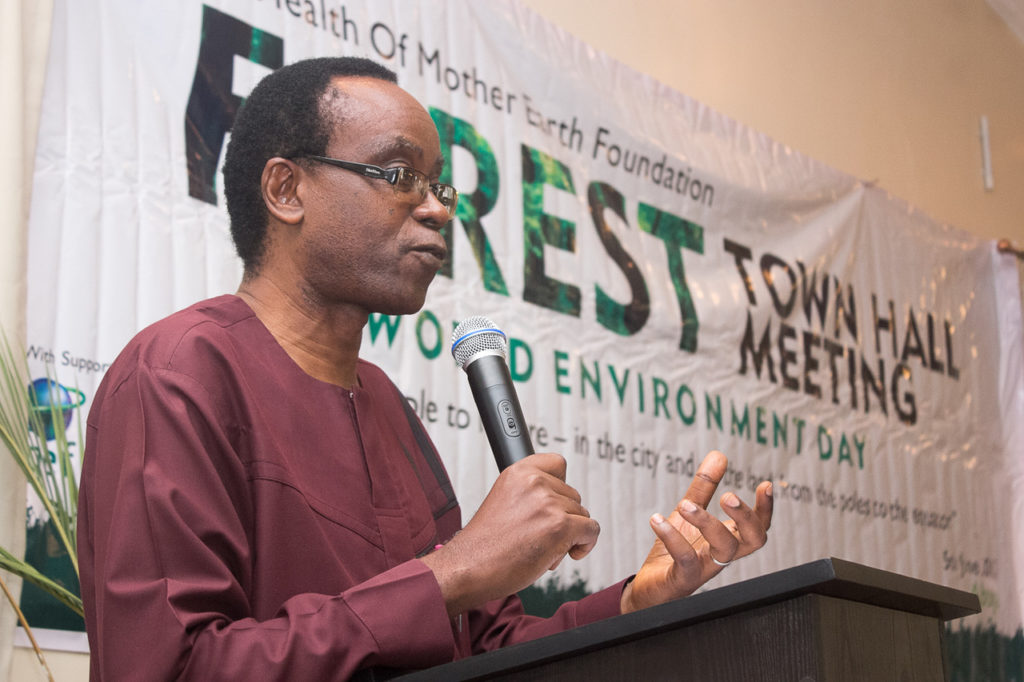The rage of the Covid-19 pandemic has been as astonishing as any epic disaster can be. What startles some of us more is the unabashed projection that millions of Africans will die, probably as soon as the pandemic ends at the current epicentres. How come some of these analysts speak with so much certainty and do not suggest that they are merely projecting from indices that only they know?

My deep hope is that their projections do not get validated. I know you might say that this is about science and not a matter of what our wish may be. But, what will the power brokers of this world do if the pandemic never takes root in Africa or in more places in the global south?
While the pandemic persists and we are on lockdown across the world, we have time to look at the world and the power plays at work. So many lives have been snuffed out. So many health workers have been exposed. The poor have been herded into ramshackle shacks, in stadia and some open fields since they could not say their homelessness or flimsy shacks back home were any better. The stratifications in societies are laid bare for all to see and to feel.
One thing that is stark currently is the fact that disasters offer opportunities for profit. Whereas this should be a moment for a rethink of systems of production, distribution and consumption, the battle cry appears to be on how to bail out sectors that are most implicated in persisting socio-economic and climate crises in the world. Workers get laid off while corporate executives receive hefty pay cheques.
At a time when the social wellbeing of most of the people ought to be the concern of everyone, the focus is on how to cushion the inconveniences of the 1 percent. In the current paradigm, economic growth trumps the social wellbeing of the people; growth at any cost, even if workers are to be discounted and hurled away in body bags.
The pandemic has revealed the spirit of solidarity in cities and nations. Citizens journalists have brought us heart-warming videos of neighbours joyfully banging pans or singing together from isolated balconies. We have seen free donations of supplies to help health workers and to bridge the food shortage gap for persons trapped without cash or access to food.
We have also seen individuals, despots and autocrats using the pandemic as a cover for racism and abuse. Politicians have used the emergency as an excuse to shut national borders as though the coronavirus could be stopped by a wall or the border police for that matter. Myopia can be a disease as dangerous as Covid-19.
International financial institutions and governments persist in assessing the state of national and global economies by the discredited Gross Domestic Product (GDP) measure. When a defective measure such as the GDP is used in gauging the state of any economy, it is easy to see that actions to improve on such economies are bound to be defective. The GDP has been largely weaponised over the years to beat less powerful nations into line.
It has been used by the World Bank and the International Monetary Fund (IMF) as a measuring rod or diagnostic tool by which they prescribe and enforce unpalatable, unhelpful and ruinous policies. Today nations are wincing as the drop in GDP stares them in the face.
Actions to shore up GDPs can be a measure of the deftness of statisticians. It is a cloak that covers the raw wounds of consciences of corporate and political leaders. It is amazing that with so much destruction in the world, global GDP is not rising. Has it stopped taking destructions as domestic products?
The impact of the pandemic on the crude oil market should wake us up to the power of the fossil fuel sector over politicians and political sectors. Imagine the fact that the production cost of a barrel of crude in Nigeria is about $30 whereas in some other countries the cost is as low as $5. What is unique about the Niger Delta that makes oil production so expensive here? This is a pertinent question considering that the region has earned a place as one of the top ten most polluted places on earth, thanks to free reign of ecological corruption, corporate irresponsibility and environmental racism.
The pandemic has given a reprieve or a sabbath of rest to Mother Earth. The skies are clear and quiet. Water ways are cleaner in some countries. Wildlife is free to go wild in many places. We must not allow the message that the lockdown could help show the direction of climate action to be buried by those profiting from dirty energy. The bailout being contemplated for banks and corporate entities could very well be aimed at reshaping the power sector from fossil dependence to a renewable energy system. Let’s bail out the peoples for once and not focus on the drivers of the multiple crises in the world.
It is time to decouple the interests of corporate CEOs from those of political leaders even though they appear to be mutually reinforcing, just as in some cases the “pandemic and corruption are mutually reinforcing and inclusive,” to quote a post by Jaiye Gaskia on Facebook.
Nnimmo Bassey is Director, Health of Mother Earth Foundation (HOMEF)
